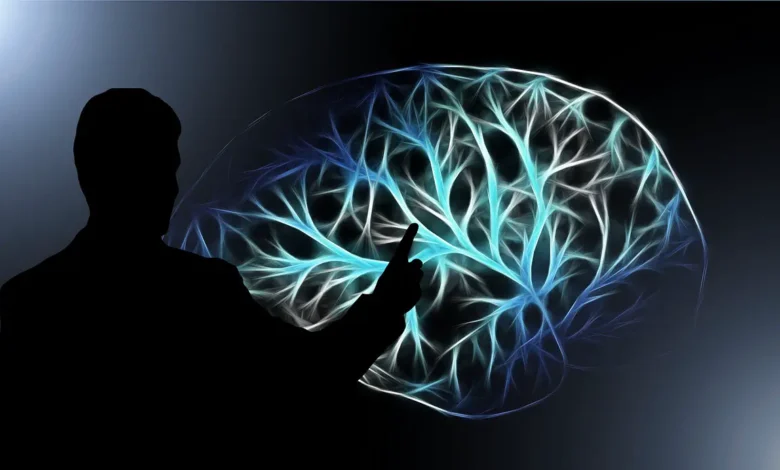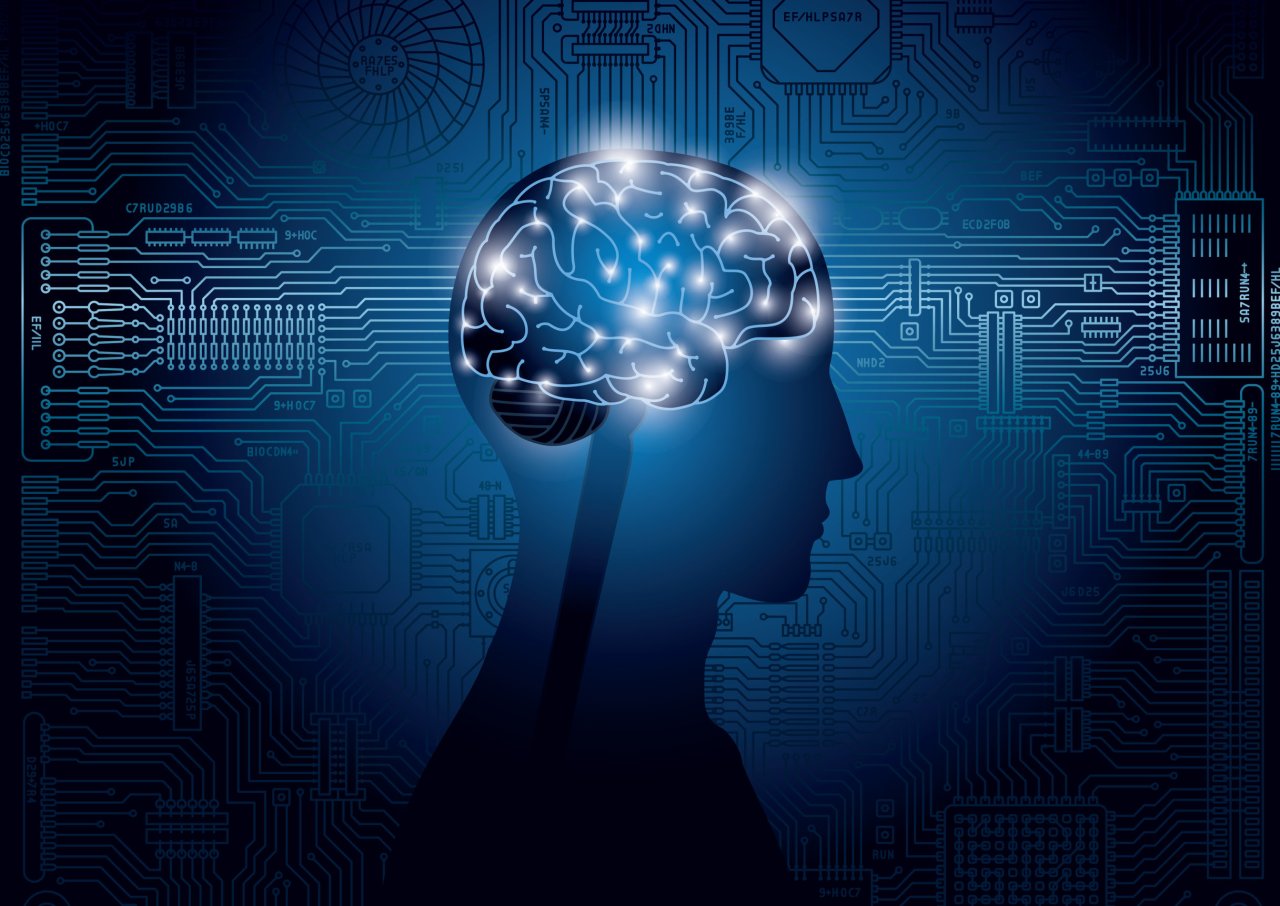
Best Ways to Appreciate the Importance of the Scientific Method In 2023? Scientific research is the systematic investigation of natural phenomena with the aim of acquiring knowledge and understanding the world around us. This knowledge is gained through the use of the scientific method, a systematic approach to problem-solving that involves observation, hypothesis testing, data analysis, and drawing conclusions based on evidence.
Introduction
The scientific method is a fundamental approach to problem-solving that has revolutionized our understanding of the natural world. It is a systematic and evidence-based approach that involves observation, hypothesis testing, data analysis, and drawing conclusions based on evidence. The scientific method has led to numerous innovations and discoveries, from the invention of the light bulb to the discovery of DNA. It has also helped to debunk pseudoscientific claims and myths that lack empirical evidence. In this article, we will explore 10 ways to appreciate the importance of the scientific method and its role in advancing our understanding of the world around us.
The Scientific Method in Action
The scientific method is a powerful tool for understanding the natural world, and it is used by scientists in a wide range of fields, from biology to physics to psychology. The scientific method begins with observation, where a researcher observes a phenomenon or event and formulates a question based on their observations. This question leads to the development of a hypothesis, which is then tested through experimentation or observation. The resulting data is analyzed, and conclusions are drawn based on the evidence. This process involves multiple steps and requires a rigorous approach to problem-solving, replication, peer review, and evidence-based practice. Through this process, scientists can test and refine their ideas, ensuring that their findings are reliable and accurate. The scientific method has led to numerous breakthroughs and innovations, from the discovery of penicillin to the development of the internet. By using the scientific method, scientists can gain a deeper understanding of the natural world, solve complex problems, and develop new technologies that benefit society.
The Importance of Replication.com
One of the key components of the scientific method is replication. Replication involves repeating an experiment or study to ensure that the results are reliable and accurate. Replication is important because it helps to eliminate the possibility that the original results were a fluke or a result of chance. If a study or experiment can be replicated by other scientists, it provides additional evidence to support the original findings. In some cases, replication can even lead to the discovery of new phenomena or insights that were not apparent in the original study. Replication is also essential for the peer-review process, as it helps to ensure that scientific research is rigorous, accurate, and unbiased. Without replication, scientific research would be prone to errors, biases, and inaccuracies, which could undermine the reliability and credibility of scientific findings. Therefore, replication is a crucial aspect of the scientific method and is essential for advancing our understanding of the natural world.
Peer Review and Scientific Consensus

Peer review is an essential component of the scientific method and involves the evaluation of scientific research by experts in the same field. It is a rigorous process that involves the review of research proposals, manuscripts, and presentations. Peer review helps to ensure that scientific research is accurate, reliable, and unbiased. Through peer review, scientists can evaluate the methods, results, and conclusions of a study or experiment and provide feedback to the researcher. This feedback can help to improve the quality of the research and identify any errors or biases that may have been overlooked.
Scientific consensus refers to the collective agreement among scientists in a particular field on a particular issue or topic. Scientific consensus is often based on the results of peer-reviewed research and empirical evidence. It is an important aspect of the scientific method because it helps to establish a standard of knowledge and understanding within a particular field. Scientific consensus can also help to identify areas of uncertainty or disagreement, which can then be addressed through further research and experimentation.
Peer review and scientific consensus work together to ensure that scientific research is rigorous, accurate, and reliable. They are critical components of the scientific method, and they help to establish a standard of quality for scientific research. Through peer review and scientific consensus, scientists can build on each other’s work and develop a deeper understanding of the natural world.
Evidence-Based Medicine

Evidence-based medicine is an approach to healthcare that emphasizes the use of the best available evidence to inform clinical decision-making. It is a process that involves the integration of clinical expertise, patient values, and the best available research evidence to guide clinical decision-making. Evidence-based medicine has become increasingly important in modern healthcare, as the amount of available medical information continues to grow rapidly.
The process of evidence-based medicine begins with the formulation of a clinical question based on the patient’s needs. This question is then used to identify the best available research evidence to inform clinical decision-making. The quality and relevance of the evidence are then assessed, and the results are integrated with the clinical expertise of the healthcare provider and the patient’s values and preferences.
Evidence-based medicine is an important tool for improving patient outcomes and reducing healthcare costs. By using the best available evidence to inform clinical decision-making, healthcare providers can ensure that their patients receive the most effective treatments and interventions. Evidence-based medicine can also help to reduce healthcare costs by eliminating unnecessary treatments and interventions that are not supported by the best available evidence.
Overall, evidence-based medicine is a critical component of modern healthcare, and it is essential for ensuring that patients receive the best possible care. By using the best available evidence to inform clinical decision-making, healthcare providers can improve patient outcomes, reduce healthcare costs, and promote a more effective and efficient healthcare system.
Innovations and Discoveries
The scientific method has led to countless innovations and discoveries that have transformed the world we live in. From the discovery of penicillin to the development of the internet, the scientific method has been instrumental in driving progress and advancing human knowledge.
One of the most significant innovations of the scientific method is the development of new technologies and scientific instruments. These tools have enabled scientists to make new discoveries and observations that were previously impossible. For example, the invention of the microscope allowed scientists to observe the microscopic world for the first time, leading to new discoveries in biology and medicine.
The scientific method has also been instrumental in the discovery of new natural phenomena and laws of nature. For example, the discovery of electromagnetism led to the development of the telegraph and other communication technologies. The discovery of DNA has revolutionized the fields of genetics and biotechnology, leading to new treatments for genetic disorders and the development of genetically modified organisms.
Innovation and discovery are the hallmarks of the scientific method, and they continue to drive progress and shape our understanding of the world around us. By using the scientific method to test hypotheses and develop new theories, scientists can make new discoveries and develop new technologies that improve our lives and advance human knowledge.
Error Correction
Error correction is an essential component of the scientific method, as it helps to ensure the accuracy and reliability of scientific findings. Errors can occur at any stage of the scientific process, from the formulation of hypotheses to the collection and analysis of data. The scientific community has developed several methods for error correction, including peer review, replication, and statistical analysis.
Peer review is a process in which experts in a particular field evaluate a scientific paper before it is published. Peer review helps to identify errors and ensure that the research is of high quality and meets scientific standards. Replication is another method of error correction, in which other researchers attempt to replicate the findings of a study to ensure that the results are accurate and reliable.
Statistical analysis is also an important tool for error correction, as it helps to identify and correct errors in data analysis. By using statistical methods to analyze data, scientists can identify trends and patterns that may be missed by simple visual inspection. This helps to ensure that the results are accurate and reliable.
The scientific method recognizes that errors are an inevitable part of the research process, and the methods of error correction are designed to identify and correct errors as they occur. By using peer review, replication, and statistical analysis, scientists can ensure that their research is accurate, reliable, and meets scientific standards. This helps to build confidence in the findings and promotes the advancement of scientific knowledge.
Read More: 10 Tips to Help China Space Race
Ethical Considerations
Ethical considerations are an important aspect of the scientific method, as they help to ensure that research is conducted in a manner that is fair, just, and respectful of human dignity. Ethical considerations can arise at any stage of the scientific process, from the formulation of hypotheses to the collection and analysis of data.
One of the primary ethical considerations in scientific research is the use of human subjects. In order to protect the rights and welfare of human subjects, researchers must obtain informed consent and ensure that any risks associated with the study are minimized. Additionally, researchers must ensure that the benefits of the study outweigh any potential harms.
Another ethical consideration is the use of animals in scientific research. Animal studies are necessary for the development of new treatments and therapies, but researchers must ensure that the animals are treated humanely and that the benefits of the study outweigh any potential harms.
In addition to these specific considerations, scientists must also consider the broader ethical implications of their research. For example, scientists must consider the potential impact of their research on society and the environment, and they must ensure that their research is conducted in a manner that is consistent with social and environmental values.
The scientific method recognizes the importance of ethical considerations in research, and it provides a framework for ensuring that research is conducted in a manner that is respectful of human dignity and consistent with ethical values. By considering ethical implications at every stage of the scientific process, scientists can ensure that their research is conducted in a responsible and ethical manner.
Limitations and Uncertainties
While the scientific method is a powerful tool for understanding the natural world, it does have limitations and uncertainties. Scientific research is often limited by the available technology, funding, and expertise, and there is always some level of uncertainty associated with scientific findings.
Conclusion
Scientific method is a powerful tool for understanding the natural world and has led to numerous innovations and discoveries. The scientific method involves a systematic approach to problem-solving, replication, peer review, and evidence-based practice. While the scientific method has limitations and uncertainties, it remains a cornerstone of scientific research and discovery.












2 Comments